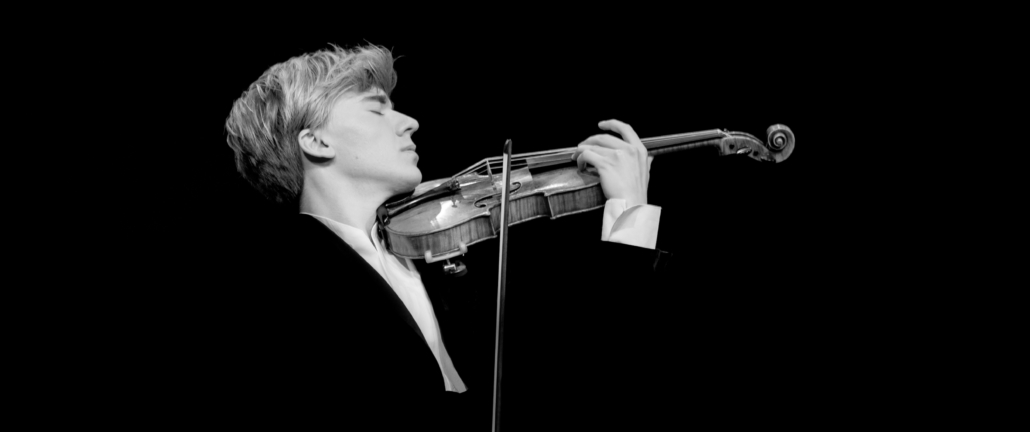Conductor George Jackson
One of London Firebird’s conductors for the 2019/20 season, George Jackson, gives his overview of the first two concerts in September and October this year…
Since winning the Aspen Conducting Prize in 2015, London-born conductor George Jackson’s career has taken off around Europe with engagements ranging from the Orchestre de Paris to the London Symphony Orchestra, and from Opera North and Grange Park Opera to Kammeroper Frankfurt.
26 September is the date for the first concert: A Major Evening featuring music by Beethoven and Mozart. Firstly, George tells us about two works by Beethoven in this delightful season opener:
George goes on to tell us about the and a brilliant concerto for clarinet written in 1791, played by risking star James Meldrum, and an aria from one of Mozart’s most populate operas with tenor, John Findon.
Mozart from Revolution Arts on Vimeo.
A Major Evening
Thursday 26 September 2019, 7:30 pm
St George’s, Hanover Square, London, W1S 1FX

Beethoven Coriolan Overture, Op. 72
Mozart Clarinet Concerto in A, K. 622
Mozart Tamino’s Aria: Dies Bildnis ist bezaubernd schön (from The Magic Flute)
Beethoven Symphony no. 7 in A, Op. 92
Conductor George Jackson
Clarinet James Meldrum
Tenor John Findon
“George Jackson conducted … a magnificent account of the score,”
The Telegraph
And on 22 October we welcome back the fantastic violinist, Yuri Revich for Mission Paganini, a in a marvellous celebration of Italian music. George tells us more about this exciting event which also stars the fabulous soprano, Sky Ingram:
Mission Paganini with Yuri Revich
Tuesday 22 October 2019, 7:30 pm
St George’s, Hanover Square, London, W1S 1FX

Donizetti Overture to Don Pasquale
Paganini/Revich The 24 Caprices
Puccini Quando m’en vo’ (from La Boheme) & O mio babbino caro (from Gianni Schicchi)
Conductor George Jackson
Violin Yury Revich
Soprano Sky Ingram
This concert has been generously sponsored by Rory Graham in memory of James B Cairns
“Yury Revich played with full-blooded authority, innate musicality and substantial accuracy…”
The Strad



